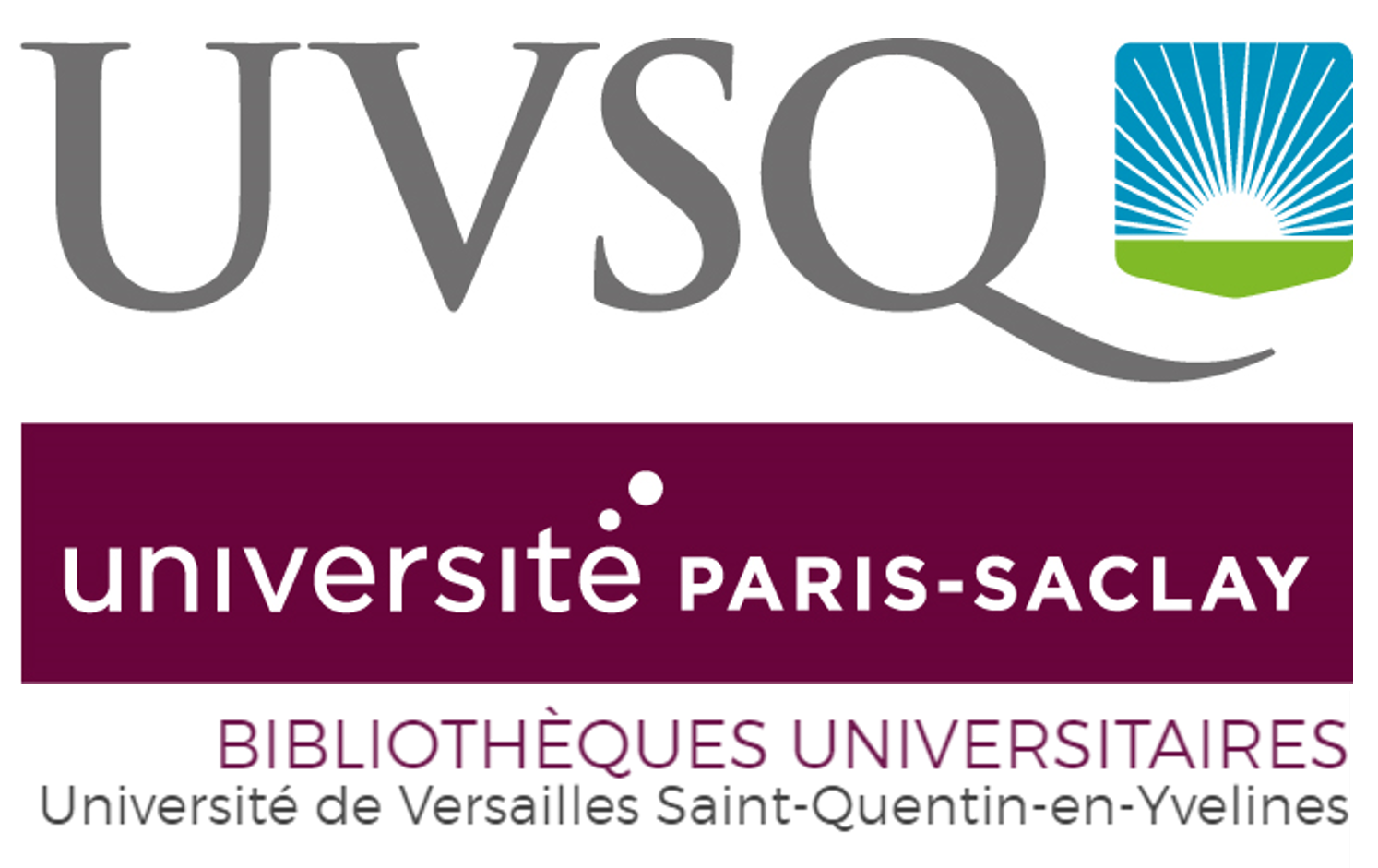Charité Hospital and infectious diseases
Résumé
Films are useful for medical education and introduce Science fiction movies or historic documentaries and pioneering scientists who developed the field of infectious disease research. Between the late nineteenth and early twentieth centuries, expert talents such as von Behring, Koch, and Ehrlich were present at the Charité Hospital. These individuals contributed significantly to the scientific study of infections, their prevention, treatment, and social impact. Here, we compare the relative impact of infectious disease research centers during the study period (late nineteenth and early twentieth centuries) by assuming that the number of publications listed on Wikipedia about the individual scientists working in London, Paris, and Berlin is Poisson distributed. We show that using reference counts that appear after individuals’ names on Wikipedia is a useful tool to assess the impact of centers of excellence in the study of infectious diseases. However, the accumulation of talent in Berlin during a relatively short period, even though historically the protagonists did not interact or support each other, lead to greater advances in the treatment and prevention of infections in humans than the work of individuals such as Pasteur in Paris or Lister in London.

